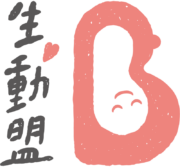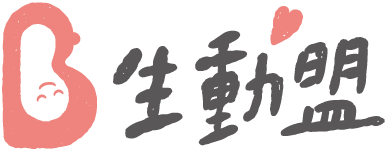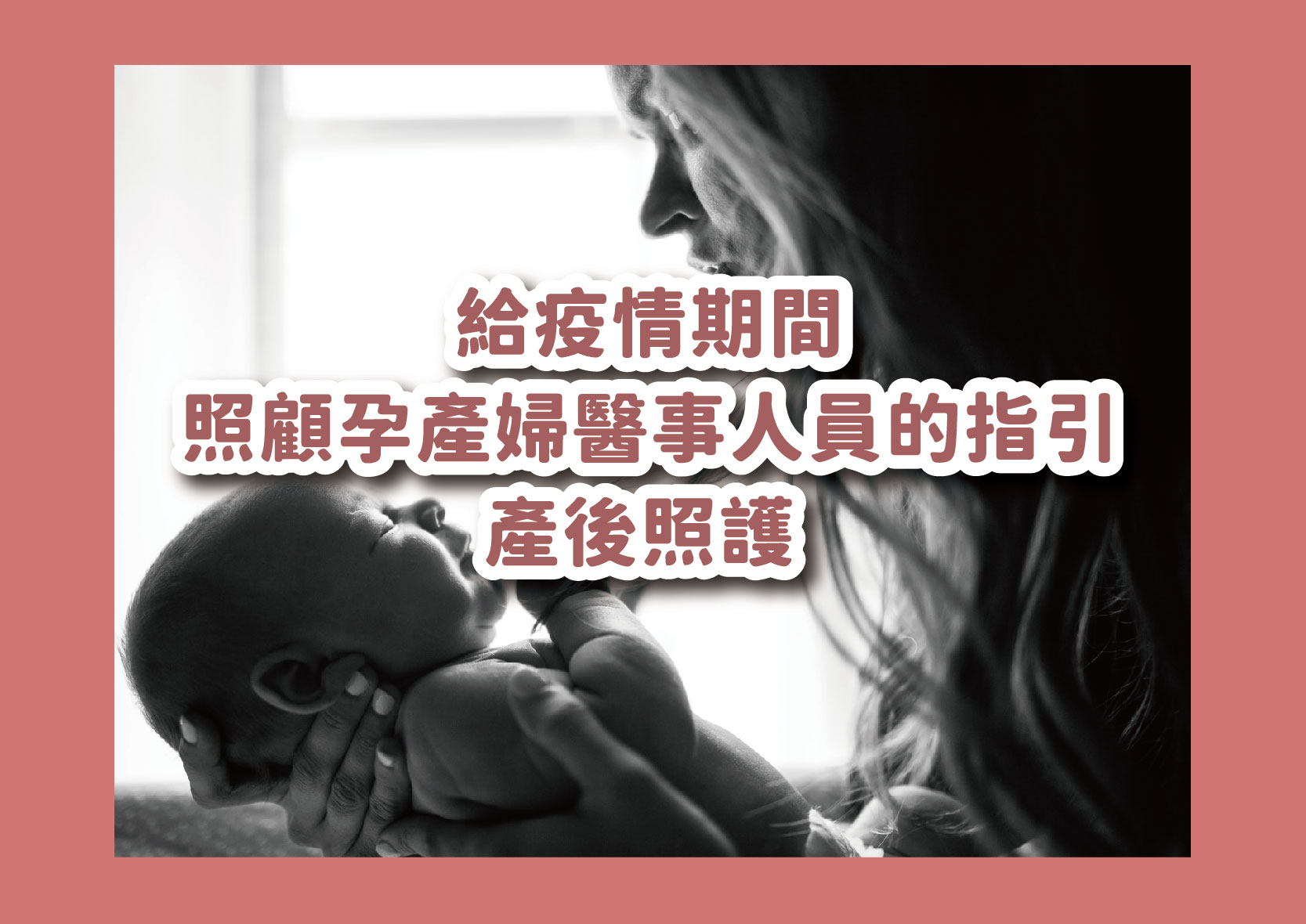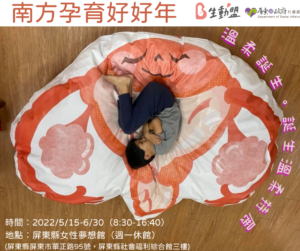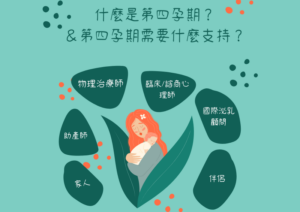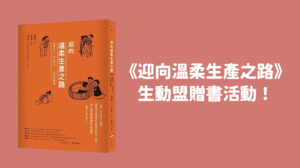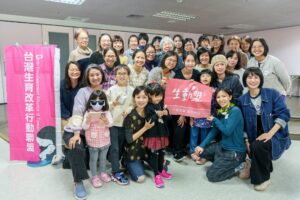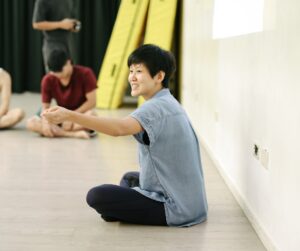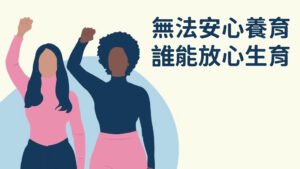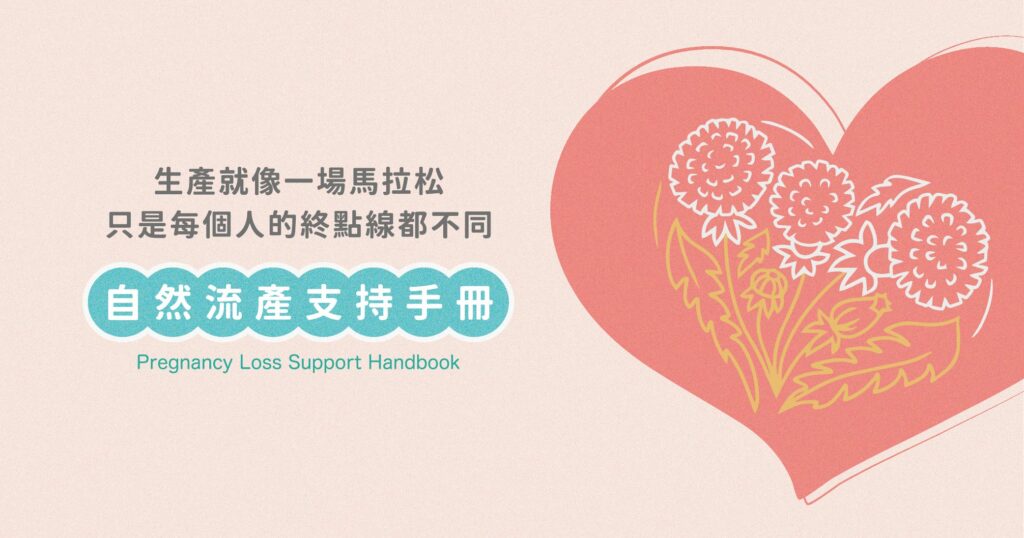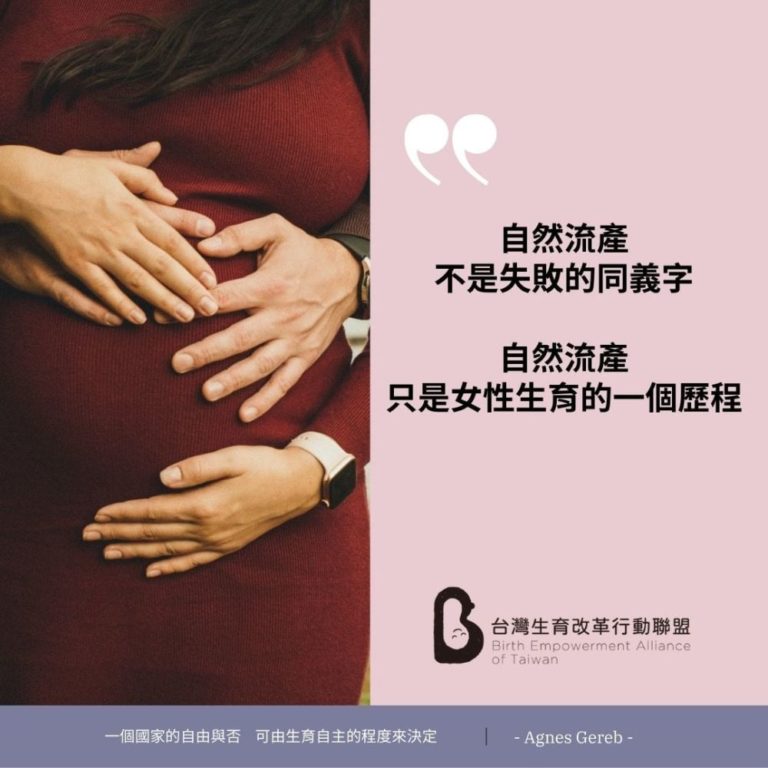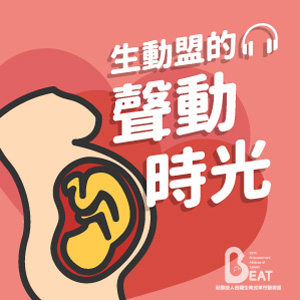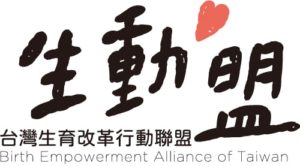Routine postnatal care for women in accordance with national guidelines and the RCOG guidance for maternity service organisation in areas of high-risk prevalence/local lockdown during the COVID-19 pandemic should be followed. As prevalence subsides, strategies will be needed to ensure that previous evidence-based services that have been put on hold or amended are reinstated.
在 COVID-19 疫情期間,應遵循英國國家和皇家婦產科醫學會(RCOG)針對提供產婦服務機構的高風險流行地區/當地封鎖地區的指南,對婦女進行常規產後護理。隨著流行率的下降,需要製定策略以確保恢復先前被擱置或修改的具實證基礎的服務。
6.1 COVID-19 疫情期間如何提供新生兒照護?
建議
- Women and their healthy babies should remain together in the immediate postpartum period, if they do not otherwise require maternal critical care or neonatal care.
產婦與健康的新生兒應該在生產後應立刻在一起,除非母親或新生兒有緊急的照護需求。
- Women with suspected or confirmed COVID-19 should remain with their baby and be supported to practice skin-to-skin/kangaroo care, if the newborn does not require additional medical care at this time.
疑似與確診COVID-19的產婦在新生兒不需要額外醫療協助的情況下,應該與他們的媽媽在一起,且被支持執行肌膚接觸。
- A dopt a precautionary approach for a woman who has suspected or confirmed COVID-19 and whose baby needs to be cared for on the neonatal unit to minimise any risk of women-to-infant transmission; at the same time, involve parents in decisions, mitigating potential problems for the baby’s health and wellbeing and for breastfeeding, bonding and attachment.
疑似或確診COVID-19產婦的新生兒是在嬰兒室中被照顧者,需進行預防措施,以減少任何產婦傳給新生兒新生兒垂直感染的機率;同時,讓父母參與決策,減少關於寶寶健康、福祉、母乳哺餵、親子依附建立的潛在問題。
- Women should be supported to make an informed decision about how they feed their baby. Women who choose to breastfeed should be suppor ted to do so, even if they have probable or confirmed COVID-19.
產婦如何哺餵寶寶,需要支持讓婦女能知情自主做決定。選擇母乳哺餵的產婦,需要被支持,即使她們有可能是或確診是COVID-19的患者。
- A risk and benefits discussion between neonatologists and families should take place to individualise care in babies who may be more susceptible to infection.
新生兒科醫師與產婦家人間需要進行風險與益處的討論,以對有感染風險的嬰兒建構個人化的照護方式。
- Babies born to SARS-CoV-2-positive women should be cared for as per guidance from the Royal College of Paediatrics and Child Health (RCPCH).
SARS-CoV-2陽性產婦的嬰兒需要根據皇家兒科與兒童將康學院所公布之指引進行照護。
- Specific guidance on neonatal resuscitation during the COVID-19 pandemic is available from the Resuscitation Council.
復甦委員會可提供有關 COVID-19 疫情期間新生兒復甦的特殊指南。
總結指引的實證與正當性
There are limited data to guide the neonatal care of babies of women who tested positive for SARS-CoV-2 in the third trimester. A prospective cohort study in the UK investigating SARS-CoV-2 infection in the first 28 days of life found that neonatal infection is uncommon (66 babies with confirmed SARS-CoV-2 infection [incidence 5.6 per 10 000 livebir ths, 95% CI 4.3–7.1], of whom 28 [42%] had severe neonatal SARS-CoV-2 infection [incidence 2.4 per 10 000 livebir ths, 95% Cl 1.6–3.4]), and infection with neonatal admission following bir th to a woman with perinatal SARS-CoV-2 infection was unlikely; consequently, this study supported guidance to avoid separation of woman and baby.
目前對於第三孕期SARS-CoV-2呈陽性婦女,其新生兒的照護指引是缺乏資料的。。英國一份前瞻性世代研究指出,在新生兒出生後的前28天中,感染SARS-CoV-2是不常見的。(66名確診SARS-CoV-2的新生兒[發生率是每一萬名活產中有5.6名incidence 5.6 per 10 000 livebirths, 95% CI 4.3–7.1]中,其中的28名新生兒[42%]有嚴重的新生兒SARS-CoV-2感染[發生率是活產的萬分之2.4。incidence 2.4 per 10 000 livebirths, 95% Cl 1.6–3.4]),而透過這些案例發現很少有因為婦女於周產期前後感染到SARS-CoV-2,而導致出生後新生兒感染的情形。因此,這個研究支持減少產婦與新生兒分離。
The RCPCH and the RCM have provided separate guidance on this topic, and the Resuscitation Council has produced various COVID-19 resources on newborn life support.
英國皇家兒科及兒童健康學院 (the Royal College of Paediatrics and Child Health ,RCPCCH)與RCM對於這個議題提供不同的指引,而復甦委員會製作了各種關於COVID-19新生兒生命支持的資源。
6.2 在COVID-19疫情期間,需要給予產婦及其家人有關新生兒哺育的建議是什麼?
建議
- Breastfeeding should be recommended to all women in line with usual guidance.
應按照平常的指引,建議所有女性進行母乳喂養。
- Individualised support, advice and guidance on breastfeeding should be offered to all women who wish to breastfeed. Remote support for breastfeeding should be signposted to all women.
應向所有希望母乳喂養的婦女提供有關母乳喂養的個別性支持、建議和指導。應向所有產婦標明對母乳喂養的遠程支持。
- Women and their families should be informed that infection with COVID-19 is not a contraindication to breastfeeding.
產婦與其家人需被告知,產婦感染COVID-19與進行母乳哺育並不衝突。
- Women and their families should be supported to make a fully informed choice on how to feed their baby. The risks and benefits of feeding the baby in close proximity to individuals with suspected or confirmed COVID-19 should be discussed.
產婦與其家人應被支持針對他的新生兒如何被哺育,進行充分知情後的決定,應該討論在與疑似或確診 COVID-19 的人接近的情況下,餵食嬰兒的風險和益處。
- When a woman is not well enough to care for her own infant or where direct breastfeeding is not possible, the woman should be supported to express her breastmilk by hand or using a breast pump, and/or offer access to donor breast milk.
當產婦狀態不佳,無法照顧新生兒、或親餵無法執行時,需要支持用手或擠奶器排出她的乳汁,及/或提供捐贈的母乳。
- The following RCPCH precautions should be taken to limit viral spread to the baby:
應採取以下英國皇家兒科及兒童健康學院 (the Royal College of Paediatrics and Child Health ,RCPCH)提出的預防措施來減少病毒傳播給嬰兒- Wash hands before touching the baby, breast pump or bottles.
在接觸嬰兒、擠奶器、奶瓶之前洗手。
- Avoid coughing or sneezing on the baby while feeding.
避免在哺育嬰兒時咳嗽或打噴嚏。
- Consider wearing a face covering or fluid-resistant facemask while feeding or caring for the baby.
在哺育與照顧嬰兒時,考慮配戴面罩或防潑水口罩。
- Wash hands before touching the baby, breast pump or bottles.
- Babies should not wear masks or other face coverings as they may risk suffocation.
嬰兒不可戴口罩或其他臉部遮蓋物,應為有窒息的危險。
- When women are expressing breastmilk in hospital, a dedicated breast pump should be used.
產婦在醫院擠奶時,需要使用個人專用的擠奶器。- Adhere to recommendations for pump cleaning after each use.
每次使用擠奶器後,遵從建議進行清潔。
- Adhere to recommendations for pump cleaning after each use.
- Adhere strictly to sterilisation guidance for babies who are bottle-fed with formula or expressed milk.
對於瓶餵配方奶或母奶的嬰兒,嚴格遵守奶瓶消毒的指引。
- Consider asking someone who is well to feed the baby.
考慮由健康的人代為餵食嬰兒。
總結指引的實證與正當性
The long term well-established benefits of breastfeeding are highly likely to outweigh any potential risks of transmission of the virus through breastmilk. A systematic review found that in 24 cases breastmilk tested negative for COVID-19; however, given the small number of cases, this evidence should be interpreted with caution. A cohor t study demonstrated that both skin-to-skin and breastfeeding are not associated with increased neonatal infection with SARS-CoV-2. Similar findings exist in smaller studies which suppor ts the guidance.
母乳哺育帶來的長期效益目前看來遠大於母乳可能傳播病毒的風險。一份系統性回顧發現,在二十四個母乳案例中,母乳皆不帶有冠狀病毒,但基於這個分析中的個案數偏少,此證據須小心地被解釋。另有一份世代性研究指出,肌膚接觸與母乳哺育二者與增加新生兒感染SARS-CoV-2並沒有相關性。類似的發現也出現在一些較小規模的研究中,這些研究也支持這樣的指引。
In light of the evidence to date, the benefits of breastfeeding outweigh any potential risks of transmission of the virus through breastmilk, and this is a view supported by the UNICEF UK Baby Friendly Initiative, which has been widely implemented in the UK. The main risk of breastfeeding is the close contact between the baby and the woman, who is likely to share infective respiratory droplets.
根據迄今所有的證據顯示,母乳哺育的效益大於任何透過母乳感染病毒的風險,這一觀點得到了聯合國兒童基金會英國愛嬰倡議的支持,該倡議已在英國廣泛實施。母乳哺育所帶來的主要的風險是於哺育過程中嬰兒與母親的近距離接觸,有可能暴露在有感染性的呼吸道飛沫中。
Specific recommendations on minimising the risk of COVID-19 transmission when feeding babies has been developed by the RCPCH and RCM. The NHS has general guidance on sterilising bottles in order to protect babies against infections.
RCPCH與RCM針對哺餵寶寶時,減少COVID-19傳播風險,發展特別建議,而NHS則有提出對於奶瓶消毒的一般指引,以保護嬰兒,避免感染。
Face coverings are not appropriate for babies. The UK government advice for using face coverings is directed towards adults and children aged 11 and over.
嬰兒不適合使用面罩或任何掩蓋臉部的物件。英國政府對於面罩使用的建議只適用於成人以及十一歲以上的兒童。
6.3 對於已感染COVID-19的產婦與其新生兒的產後護理,有哪些注意事項?
整體建議
- Postnatal care should be provided as per NICE CG37 Postnatal care up to 8 weeks after birth.
產後照護必須根據NICE CG37 的產後照護指引,提供至產後八週。
- Following childbirth, effective contraception should be discussed with and offered to all women prior to discharge from maternity services.
在生產後、出院前,必須與產婦討論並提供有效的避孕方式,然後產婦再從產科服務機構出院。
建議
- All households should self-isolate at home for 14 days after birth of a baby to a woman with COVID-19.
所有家人都應在患有 COVID-19 的婦女生下嬰兒後在家自我隔離 14 天
- Women and their families should be advised about safe sleeping and a smoke-free environment, along with provision of clear advice about careful hand hygiene and infection control measures when caring for and feeding the baby.
產婦與她的家人需要被建議有關安全的睡眠環境、無菸空間,以及照顧與哺育嬰兒時所需的手部清潔與感染控制的明確指引。
- Families should be guided on how to identify signs of illness in their newborn or worsening of the woman’s symptoms, and should be provided with appropriate contact details if they have concerns or questions about their baby’s wellbeing. NHS leaflets, providing this information, are also available.
家人必須被指導如何辨識新生兒的生病徵兆,以及產婦病情惡化的徵兆,並需要被提供適當的聯絡方式,以供家人對於新生兒的健康有問題時可以聯絡。NHS也提供相關傳單。
- Women should be advised that if they or their babies require readmission for postnatal obstetric or neonatal care during a period of self-isolation for suspected or confirmed COVID-19 they should telephone their local unit ahead of arrival.
必須建議產婦,若有產婦本人或其新生兒在因確診或疑似確診COVID-19的自我隔離期間需要再次入院,為了產後產科或是新生兒照護,則需要在到達前電話通知當地的單位。
- Women who have recently given birth and test positive for COVID-19 should receive all recommended advice, guidance and support in relation to their postnatal physical and mental health and wellbeing and care of their newborn baby.This includes necessary in-person assessments using appropriate PPE.
近期內有生產並檢驗COVID-19陽性的婦女,應接受到所有與產後生理、心理與福祉以及新生兒照護的建議、指導與支持。這包括使用適當的 個人保護設備(Personal Protective Equipment, PPE),進行必要的面對面評估。
- In-person home or clinic appointments should be offered to allow an overall assessment of the physical and psychological health and wellbeing of the woman and her baby.
需要提供面對面的家庭或是診所預約,以進行整體性評估產婦與其嬰兒的生理與心理健康與福祉狀況。
- In some areas, and where appropriate, some postnatal care will need to be via telephone or video link because of local infection rates and staff absence, but considerations should be made upon individual circumstances.This should be discussed with women and families.
在某些地區,在適當的情況下,因為區域感染率過高及醫事人員缺乏的情況下,需透過電話或視訊連結進行產後照護的提供。這部分也需要根據個人狀況進行評估,並且與產婦及其家人討論。
- All pregnant women who have been hospitalised and have had confirmed COVID-19 should be offered thromboprophylaxis for 10 days following hospital discharge. A longer duration of thromboprophylaxis should be considered for women with persistent morbidity.
所有曾經住院並且確診COVID-19的懷孕婦女,必須在出院後十天內提供 thromboprophylaixs的藥物治療,對於持續發病的女性,則應考慮更長的血栓預防藥物的用藥時間。
總結指引的實證與正當性
The RCPCH has published guidance on the neonatal care of babies born to women with COVID-19. The advice for households to isolate for 14 days after the birth of a baby born to a woman who is infected with SARS-CoV-2 is to ensure a full period of isolation in case of incubation of the virus in the baby.These advice statements have been extrapolated from the RCPCH guidance and expert consensus opinion.
英國皇家兒科與兒童健康學院(RCPCH)特別針對COVID-19產婦出版新生兒照護指引。對於感染SARS-CoV-2的產婦全家則建議在新生兒出生後進行十四天隔離,是為了確保在嬰兒於出生後病毒潛伏的情況下進行完整的隔離。
Guidance on the provision of contraception by maternity services after childbirth during the COVID-19 pandemic has been produced jointly by the Faculty of Sexual and Reproductive Health, the RCOG and the RCM. Recommendations on postnatal care should be maintained as per the NICE CG37 Postnatal care up to 8 weeks after birth.
在 COVID-19 疫情期間,性與生殖健康學院、RCOG 和 RCM 的同仁聯合制定產後避孕指南,經由產後產婦服務時提供。 產後照護的建議需要根據NICE CG37 ,產後護理維持進行至產後八週。
資料來源:Coronavirus (Covid-19) Infection in Pregnancy, Information for healthcare professionals, Version 13: 19 February 2021
